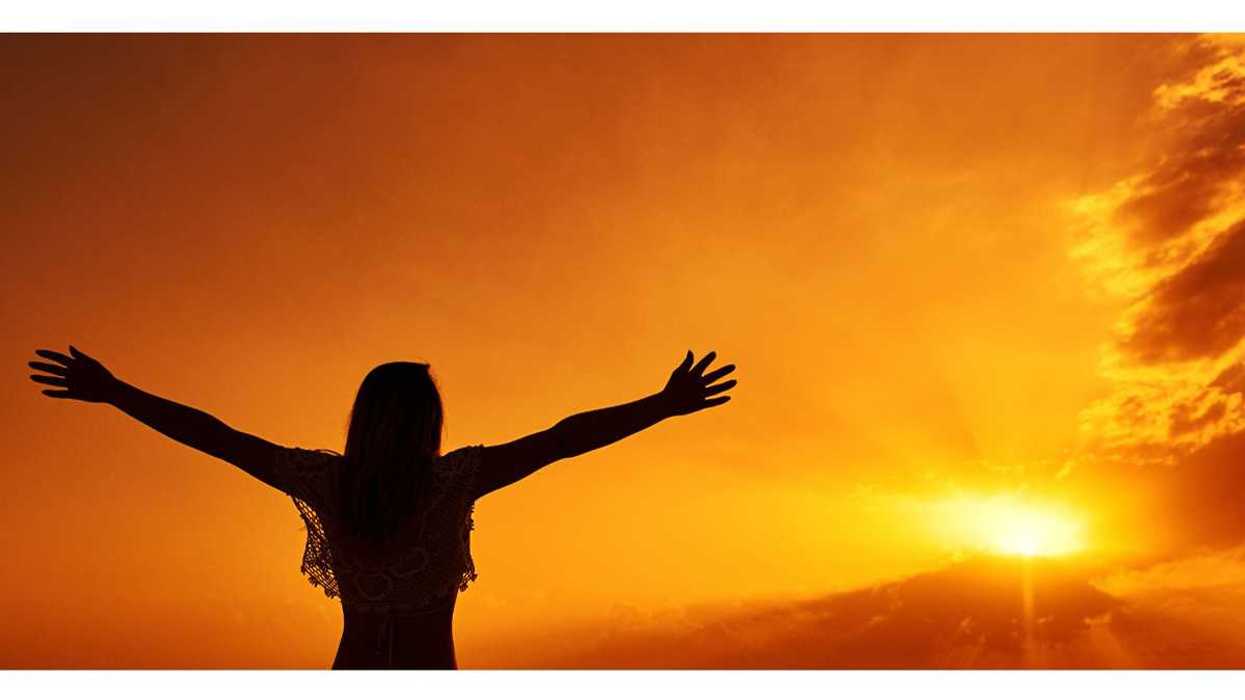Alan Gastelum
(Photo Editor)
is a filmmaker, photographer, and volunteer for City Parks Foundation’s Partnerships for Parks in New York City, where, since 2011, he’s been compiling a photographic archive of the East River Park.
Amanda Fortini
(“The Great Surrender”)
has written for The New Yorker, Rolling Stone, and Wired. She currently lives in Montana, which inspired her story about the incredible power of the natural world. Next year, she will be living in Las Vegas, where nature will be a bit harder to find.
Eli Tetteh
(Serge Attukwei Clottey profile)
is a humanities lecturer at Ashesi University. A freelance writer and editor, he has been published in DUST and nKENTEn. According to Tetteh, “Attukwei’s workshop has the languorous air of a suburban rec center.”
Scottie Cameron
(Homily photo illustrations)
is a photographer with an emphasis on collaboration with designers and art directors. Known for his use of graphic compositions, he uses organic materials and store-bought objects in his works.
Timothy Goodman
(Interstitials)
is a designer, illustrator, and art director running his own studio in New York City. In 2013, Goodman, with Jessica Walsh, co-created a personal project called “40 Days of Dating,” which was recently turned into a book optioned by Warner Bros.
Lillian Suwanrumpha
(“Buddha’s Hand”, photos)
is a photojournalist based in Bangkok whose work has appeared in The Guardian and The Daily Beast. While photographing Bangkok’s red-light district for GOOD she was given an honorary stripper name Dok Bua (lotus).
Winston Struye
(“Our City is Devastated. We Are Not.”)
is an artist and teacher who works with underserved teens in New York City as part of the Slideluck Youth Initiative, and with teens internationally as part of the National Geographic Student Expeditions Scholarship Program.
Lara Vapnyar
(“Buddha’s Hand”)
is the author of two novels and a recipient of the Guggenheim Fellowship. Her stories and essays have appeared in The New Yorker, The New York Times, and Harper’s. She has destroyed many Buddha’s hands in her life.
Krishna Hari Dulal
(Cover Photo)
is a 19-year-old student living at the ROKPA Children’s Home in Kathmandu, Nepal. Says Dulal of the cover image: “I took this picture not only to show the effect created by the earthquake, but also to show the people brave enough to deal with it.”
















 Volunteers who drive homeless people to shelters talk with a person from Ukraine in Berlin on Jan. 7, 2026.
Volunteers who drive homeless people to shelters talk with a person from Ukraine in Berlin on Jan. 7, 2026.
 Tasks that stretch your brain just beyond its comfort zone, such as knitting and crocheting, can improve cognitive abilities over your lifespan – and doing them in a group setting brings an additional bonus for overall health.
Tasks that stretch your brain just beyond its comfort zone, such as knitting and crocheting, can improve cognitive abilities over your lifespan – and doing them in a group setting brings an additional bonus for overall health. Overdoing any task, whether it be weight training or sitting at the computer for too long, can overtax the muscles as well as the brain.
Overdoing any task, whether it be weight training or sitting at the computer for too long, can overtax the muscles as well as the brain.
 Leonard Cohen performs in Australia in 2009.Stefan Karpiniec/
Leonard Cohen performs in Australia in 2009.Stefan Karpiniec/  Enjoying a sunset.Photo credit
Enjoying a sunset.Photo credit 



 Amoxicillin is a commonly prescribed broad-spectrum antibiotic.
Amoxicillin is a commonly prescribed broad-spectrum antibiotic.  Chart: The Conversation, CC-BY-ND
Chart: The Conversation, CC-BY-ND
 An envelope filled with cashCanva
An envelope filled with cashCanva Gif of someone saying "Oh, you
Gif of someone saying "Oh, you